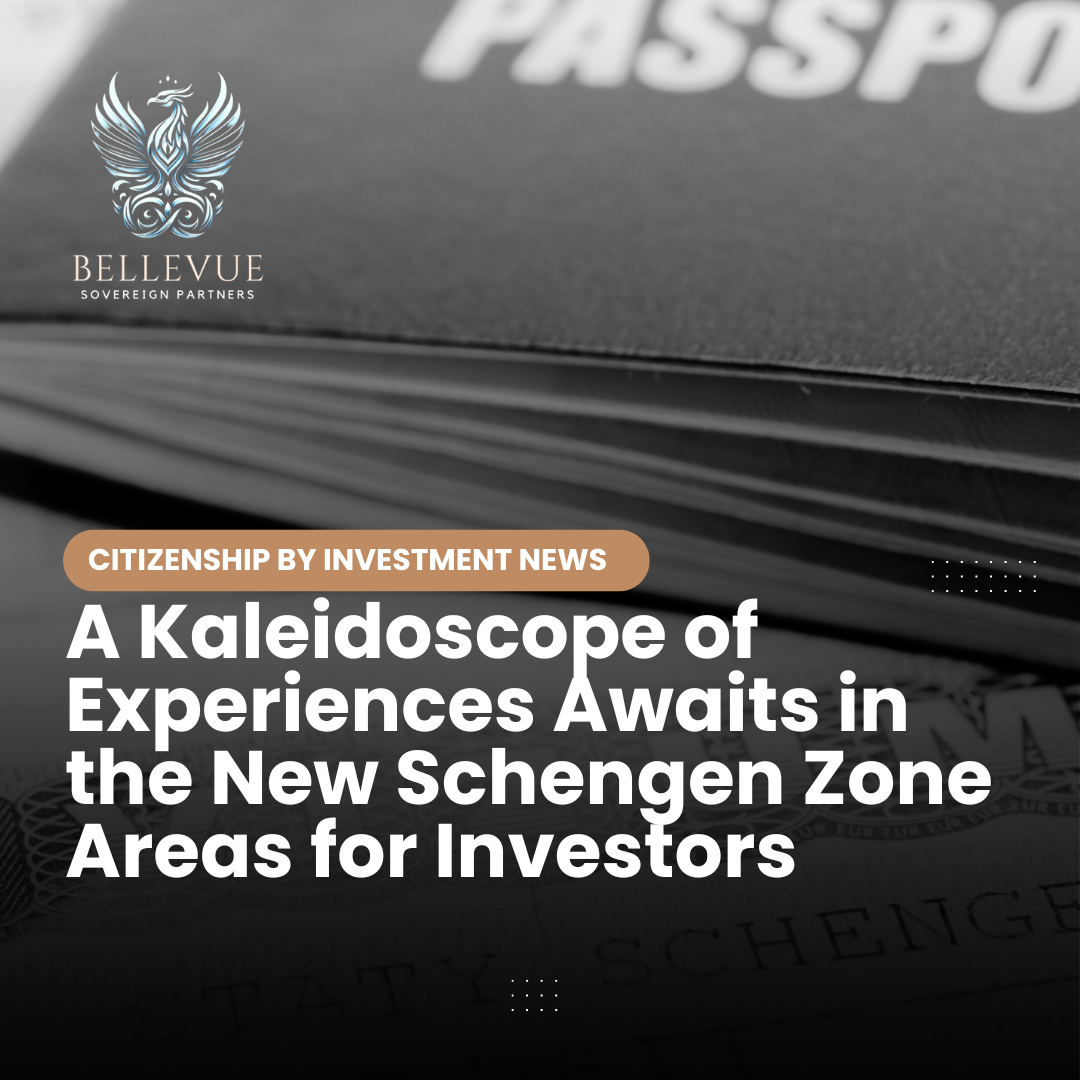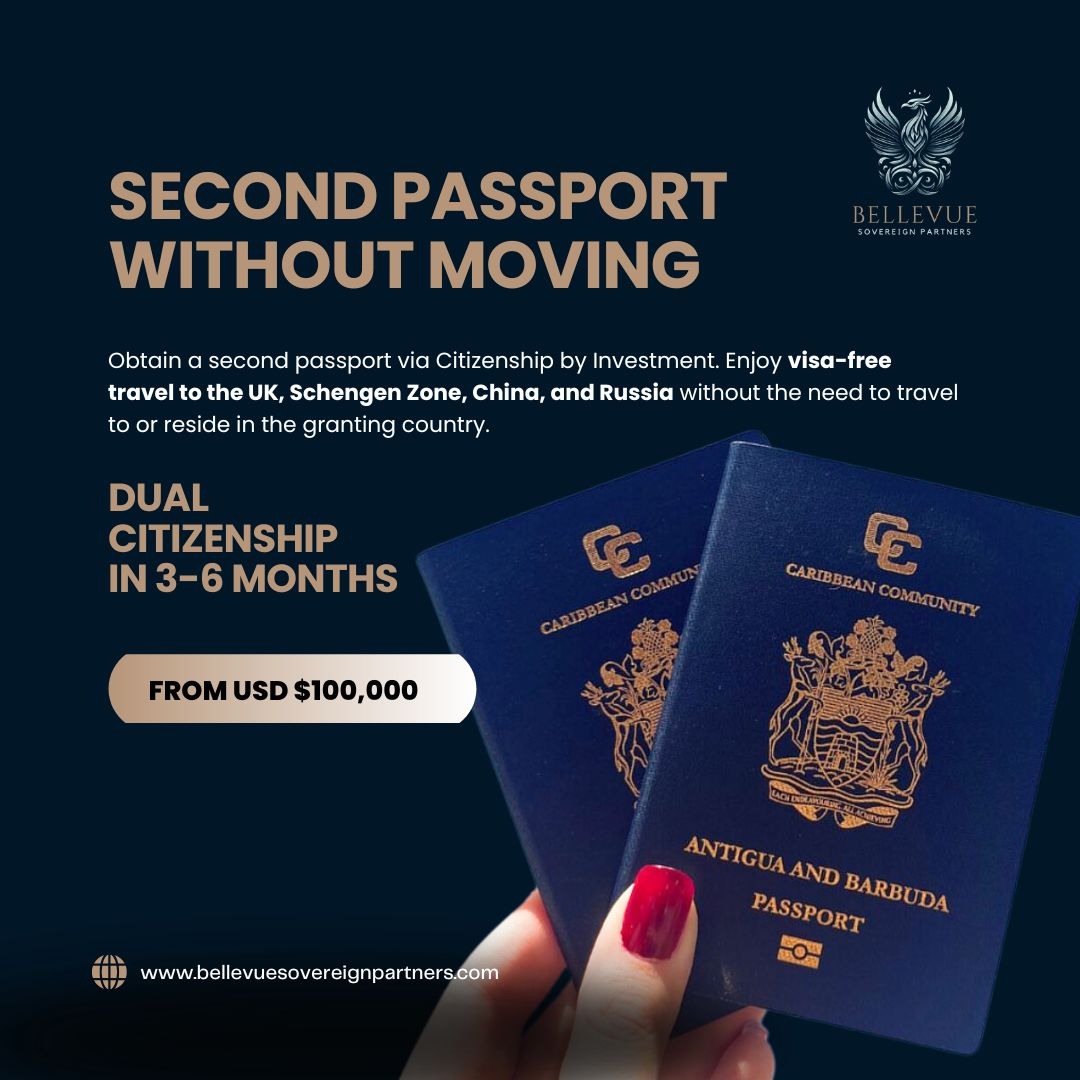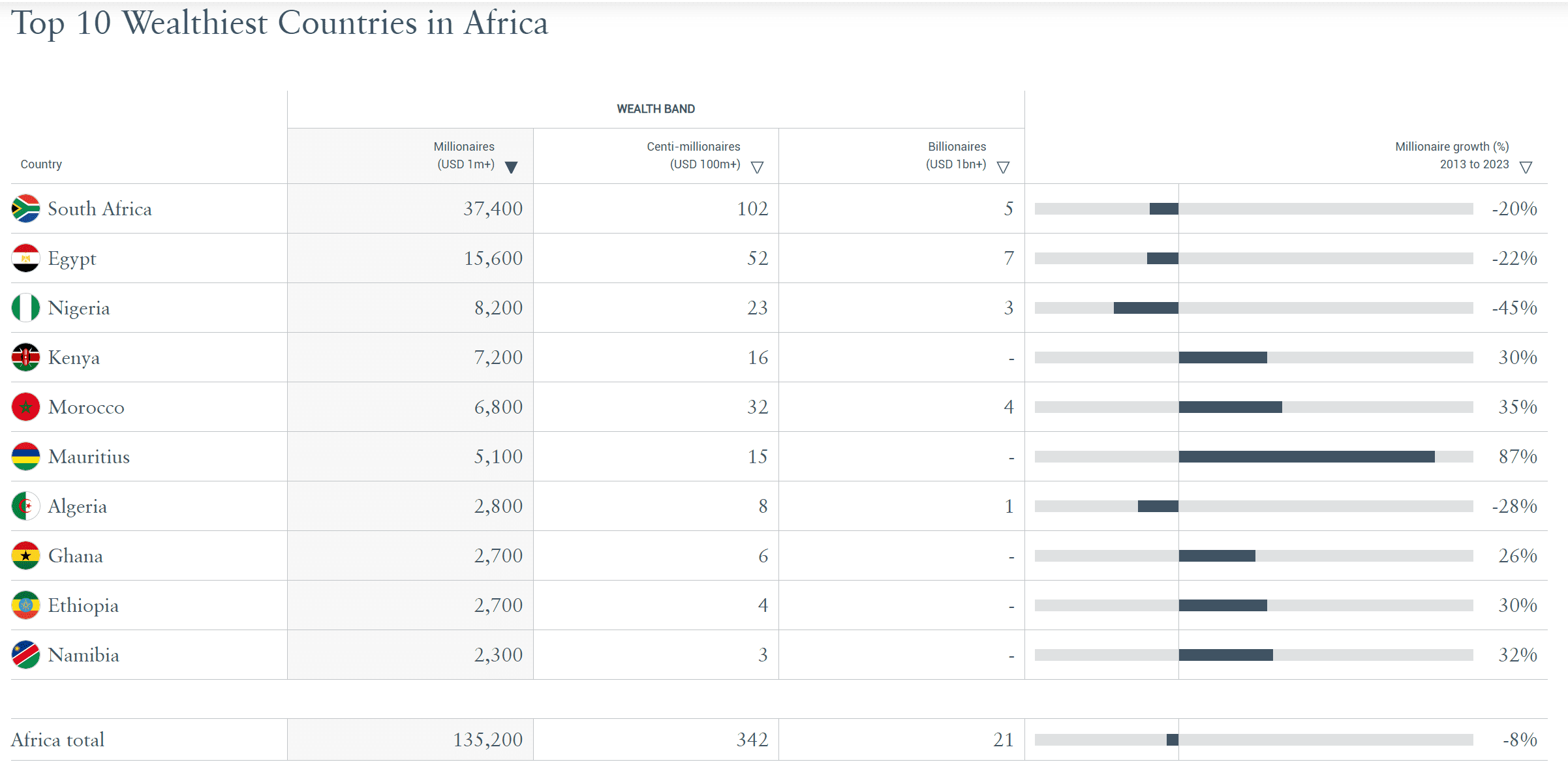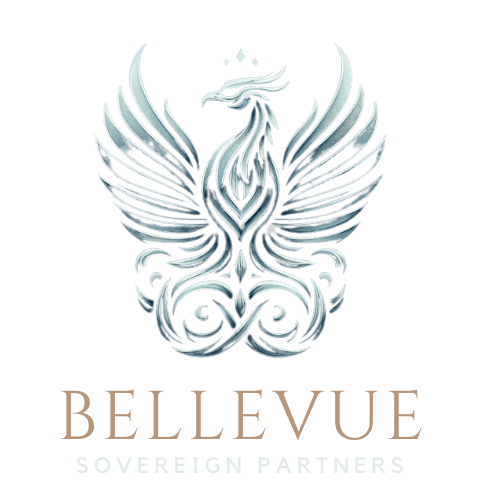New Schengen Zone Members: What it Means for Investors

Have you ever dreamt of seamlessly exploring Europe, specifically hopping from country to country without border hassles? That dream just got even closer! On March 31, 2024, when the New Schengen Zone Members Bulgaria and Romania joined the club, opening up a treasure trove of cultural experiences and breathtaking destinations for travelers and investors like you.
Therefore, this blog is your one-stop guide to unlocking the magical benefits of Investing in the New Schengen Zone Areas. We’ll delve into everything you need to know, from visa requirements for investors to travel tips, in addition to the exciting opportunities presented by Bulgaria and Romania’s recent inclusion. For that reason get ready to embark on an unhindered adventure across a borderless wonderland!
On this page.
What is the New Schengen Zone?
A Kaleidoscope of Experiences Awaits in the New Schengen Zone Areas.
Exploring the New Schengen Zone Members: Are There Limits?
Bulgaria and Romania:The New Schengen Zone Members, Chapter in Borderless Travel for Investors.
Cyprus: On the Path to Schengen Membership.
Why This Matters for Investors.
Bellevue Sovereign Partners Assistance to New Schengen Zone Investors.

What is the New Schengen Zone?
Imagine traversing freely across 29 European countries without passport checks at land borders! Indeed that’s the magic of the Schengen Area.
Established in 1985, in brief it’s a region where member states have agreed to eliminate internal border controls while strengthening external border security.
This agreement results in a visa-free travel zone for over 425 million people, encompassing EU citizens, legal residents, and visitors fulfilling specific entry requirements.
A Kaleidoscope of Experiences Awaits in the New Schengen Zone Areas.
The New Schengen Area offers a breathtaking diversity across its 29 member states. In addition to the artistic treasures of Italy and France, history buffs will be enthralled by the historical wonders of Greece and Spain. Specifically for nature lovers, there’s something to captivate every traveler or investor, from the awe-inspiring landscapes of Iceland and Norway to the countless other hidden gems waiting to be explored.

Exploring the New Schengen Zone Members: Are There Limits?
While the New Schengen Member Areas promote free movement, there are a few limitations to consider:
- 90-day Limit: Firstly visa-free entry applies for a maximum stay of 90 days within a 180-day period. Longer stays might require a specific long-stay visa.
- Border Checks at External Borders: Because stricter controls exist at external borders of the Schengen Area, surely expect thorough passport checks and potential security screenings.
- Temporary Border Controls: In exceptional circumstances, such as national security threats, a member state may temporarily reintroduce internal border controls. However, without a doubt such instances are rare and usually well-communicated.
Malta Citizenship by Investment
Secure your family’s legacy and unlock visa-free travel from €680,000 with Malta Citizenship by Investment Program.
Bulgaria and Romania:The New Schengen Zone Members, Chapter in Borderless Travel for Investors.
The recent inclusion of Bulgaria and Romania in the Schengen Zone area marks a significant step towards a more unified and interconnected Europe. Furthermore, investors can now explore these beautiful countries with ease, discovering rich cultural heritage, stunning landscapes, investment opportunities, and vibrant cities.
While it may be true that air and sea travel within Bulgaria, Romania, and other Schengen countries is now checkpoint-free, a decision on lifting land border checks is still pending. In the meantime, the EU Council will determine the appropriate date for full integration in the coming months.
To clarify the expansion of the New Schengen Zone Members presently, travel investors can discover an array of cultural activities and gorgeous sites by visiting Bulgaria and Romania. This presents exciting opportunities for those seeking to explore new markets, invest in diverse properties, and experience the unique charm of these up-and-coming destinations within the Schengen Zone.

Cyprus: On the Path to Schengen Membership
While Bulgaria and Romania, the New Schengen Zone Members, have completed the accession process, Cyprus is still undergoing evaluation.
In contrast, Cyprus implemented the Schengen Information System in July 2023, together with a dedicated evaluation has already been conducted. Based on this evaluation, a final decision on Cyprus’s full Schengen Area membership is expected in the near future.
Why This Matters for Investors.
The addition of Bulgaria and Romania to the Schengen Zone creates a more dynamic and attractive environment for investors seeking European citizenship through investment programs. Additionally, this expansion unlocks a compelling scenario for investors looking to expand their horizons and secure a foothold in Europe.
Here’s how the inclusion of these new members benefits investors:
Increased Market Access and Mobility:
A Schengen Zone passport grants visa-free travel to 29 European countries. With Bulgaria and Romania joining the club, investors gain access to a wider range of markets and business opportunities across the continent. This enhanced mobility allows for easier travel to explore potential investments, conduct meetings, and manage business ventures across borders.
Potential for Economic Growth:
Moreover, the free movement of people within the Schengen Zone fosters tourism and economic exchange. As more investors and tourists explore Bulgaria and Romania, in a like manner these countries can experience a boost in economic activity, potentially leading to increased property values and a thriving business environment. This growth can translate into a more attractive market for investors seeking profitable opportunities.
Diversification of Investment Options:
In fact, Bulgaria and Romania offer distinct investment landscapes compared to existing Schengen member states. This expansion broadens the range of investment opportunities available to investors. From Bulgaria’s competitive business environment and real estate potential to Romania’s developing infrastructure and tech hub prospects, investors can explore diverse avenues to suit their financial goals and risk tolerance.
Enhanced Reputation of European Citizenship Programs:
The addition of Bulgaria and Romania in the Schengen Zone strengthens the overall value proposition of European citizenship by investment programs. As a result, demonstrates the European Union’s commitment to fostering a more integrated and interconnected Europe, potentially attracting a wider pool of global investors seeking the benefits of European citizenship.
Potential Increase in Program Applications:
As news of the expanded Schengen Zone reaches potential investors, interest in European citizenship programs could rise. This could lead to increased competition for program slots, potentially prompting some countries to refine their offerings to remain attractive to investors. In this case a competitive landscape can ultimately benefit investors by driving innovation and potentially leading to more favorable program structures.
In conclusion,the inclusion of Bulgaria and Romania in the Schengen Zone presents a unique opportunity for investors seeking European citizenship. With increased market access, potential for economic growth, diversified investment options, and an enhanced reputation for these programs, this expansion opens doors to a more dynamic and rewarding European experience.
Bellevue Sovereign Partners Assistance to New Schengen Zone Investors.
There are still more opportunities for adventure in a borderless Europe. Fueled by cross-cultural dialogue, bolstered local economies, and a smooth exploration experience facilitated by the New Schengen Zone Members, the continent unfolds its diverse tapestry for investors.
Now is the perfect time to begin organizing your ideal Schengen journey by using Bellevue Sovereign Partners’ citizenship investment plans.
Get ready to discover a world full of cultural gems, stunning scenery, and life-changing events. With everything in place, prepare for a smooth journey through a borderless wonderland by packing your baggage and planning your ideal itinerary with Us!
Malta Citizenship by Investment
Secure your family’s legacy and unlock visa-free travel from €680,000 with Malta Citizenship by Investment Program.
FAQs About New Schengen Zone Members
What is the Schengen Area?
In summary the Schengen Area is a region made up of European counties that have done away with passport requirements and other forms of border restrictions at its shared borders, enabling unrestricted travel throughout the region.
How many countries are in the Schengen Zone?
The Schengen Zone comprises a total of 29 countries as of 2024, including both non-EU nations like Norway, Switzerland, and Iceland, and members of the European Union.
What are the benefits of Schengen Zone membership?
Do I need a visa to travel within the Schengen Zone?
Can I work or study in Schengen Zone countries with a residency permit?
How do I apply for residency in a Schengen Zone country?
Depending on the immigration rules and practices of each Schengen Zone country, there are different procedures for applying for residency. It usually entails filling out an application, supplying supporting documentation, and fulfilling specific requirements.
What are the investment requirements for obtaining residency in the Schengen Zone?
Are there any restrictions on traveling within the Schengen Zone?
How long does it take to process a Schengen visa application?
Why is the UK not in the Schengen zone?
Is Switzerland part of the Schengen zone?
What is the Complete List of Schengen Zone Countries (as of March 31, 2024):?
- Austria
- Belgium
- Bulgaria (new member)
- Croatia
- Czech Republic
- Denmark
- Estonia
- Finland
- France
- Germany
- Greece
- Hungary
- Iceland
- Italy
- Latvia
- Liechtenstein
- Lithuania
- Luxembourg
- Malta
- Netherlands
- Norway
- Poland
- Portugal
- Romania (new member)
- Slovakia
- Slovenia
- Spain
- Sweden
- Switzerland
